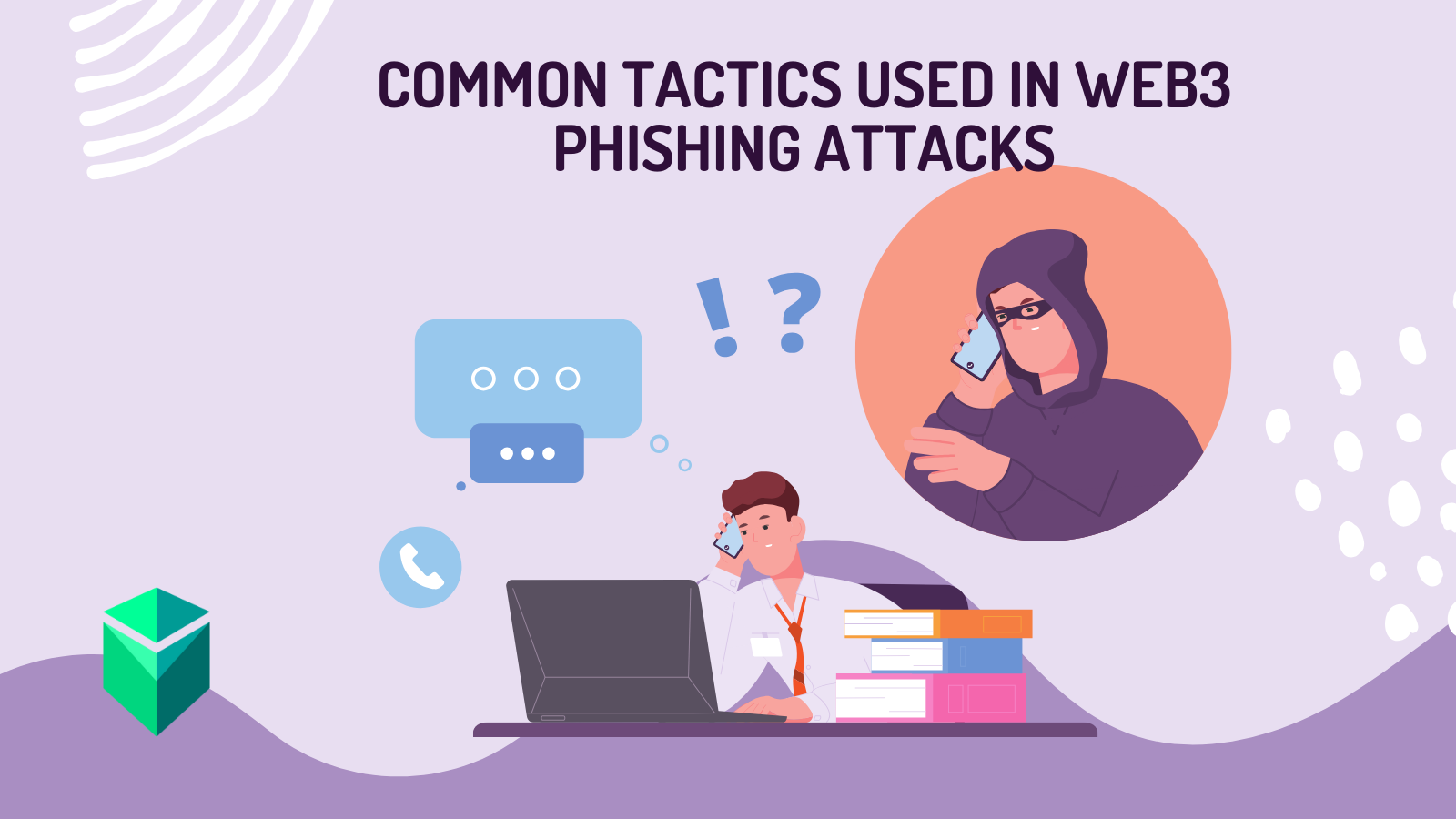Victims of Web3 Phishing Share Their Experiences
Web3, with its promise of decentralization and enhanced security, has attracted millions of users. However, the dark side of this digital frontier includes sophisticated phishing attacks that have ensnared even the most cautious users. In this article, we share real-life stories of individuals who fell victim to Web3 phishing scams. Their experiences highlight the importance of vigilance and provide valuable lessons for the broader community.
Story 1: The Fake Uniswap Interface
Victim: Sarah M.
Experience: Sarah, a cryptocurrency enthusiast, frequently used Uniswap for trading. One evening, she received an email claiming to be from Uniswap, announcing a new token airdrop. The email included a link to the Uniswap site. Trusting the familiar look and feel of the site, Sarah connected her wallet and followed the instructions to claim the airdrop. Within minutes, she noticed her entire balance of Ethereum had been transferred out of her wallet.
Lesson Learned: Sarah's experience underscores the importance of verifying URLs. Phishers had created a fake Uniswap interface to steal her credentials. Always ensure that you are on the official website, especially when prompted to connect your wallet or enter sensitive information.
Story 2: The Impersonation Scam on Telegram
Victim: David R.
Experience: David was active in various crypto communities on Telegram. One day, he received a direct message from an individual who appeared to be an admin of a DeFi project he was invested in. The admin warned him of a potential vulnerability and advised him to transfer his tokens to a secure address provided in the message. Trusting the admin, David followed the instructions, only to realize later that the tokens were gone and the real admin had never contacted him.
Lesson Learned: David's story highlights the dangers of social engineering and impersonation. Never trust unsolicited messages, even if they appear to come from a trusted source. Always verify the identity of the person you are communicating with, preferably through official channels.
Story 3: The Malicious Smart Contract
Victim: Linda K.
Experience: Linda participated in a new DeFi project that promised high returns on staked tokens. She was required to approve a smart contract that allowed the project to manage her tokens. Excited by the potential gains, Linda approved the contract without thoroughly reviewing it. A week later, she discovered that the contract had an unlimited allowance to transfer her tokens, and all her funds had been drained by the project's creators.
Lesson Learned: Linda's loss emphasizes the importance of understanding and reviewing the permissions granted to smart contracts. Before interacting with any smart contract, especially those requiring extensive permissions, seek out audits and reviews from reputable sources.
Story 4: The Fake Customer Support
Victim: Mike T.
Experience: Mike encountered an issue while using his crypto wallet and sought help on a popular forum. Shortly after posting his query, he received a private message from someone claiming to be from the wallet's support team. The "support agent" provided a link to a site where Mike was asked to enter his seed phrase to resolve the issue. Trusting the process, Mike complied, only to find his wallet emptied shortly afterward.
Lesson Learned: Mike’s ordeal shows the importance of never sharing your seed phrase. Legitimate support teams will never ask for your private keys or seed phrases. Always seek help through official support channels and be wary of unsolicited offers of assistance.
Story 5: The Airdrop Bait
Victim: Emily J.
Experience: Emily received a message on Twitter from a well-known crypto influencer she followed, announcing an exclusive airdrop. The message included a link to claim the tokens. Eager to participate, Emily clicked the link and connected her wallet to the site. The next day, she noticed unauthorized transactions from her wallet, depleting her funds.
Lesson Learned: Emily's experience reinforces the need for skepticism with unsolicited offers, even from seemingly trusted sources. Always verify such offers through multiple channels, and be cautious about connecting your wallet to unknown sites.
Conclusion
The personal stories shared above reveal the diverse tactics used in Web3 phishing scams and the significant impact these attacks can have on individuals. These experiences serve as cautionary tales, emphasizing the importance of vigilance, education, and secure practices in the Web3 space. By learning from these real-life examples, we can better protect ourselves and our assets in the ever-evolving landscape of decentralized technology.


